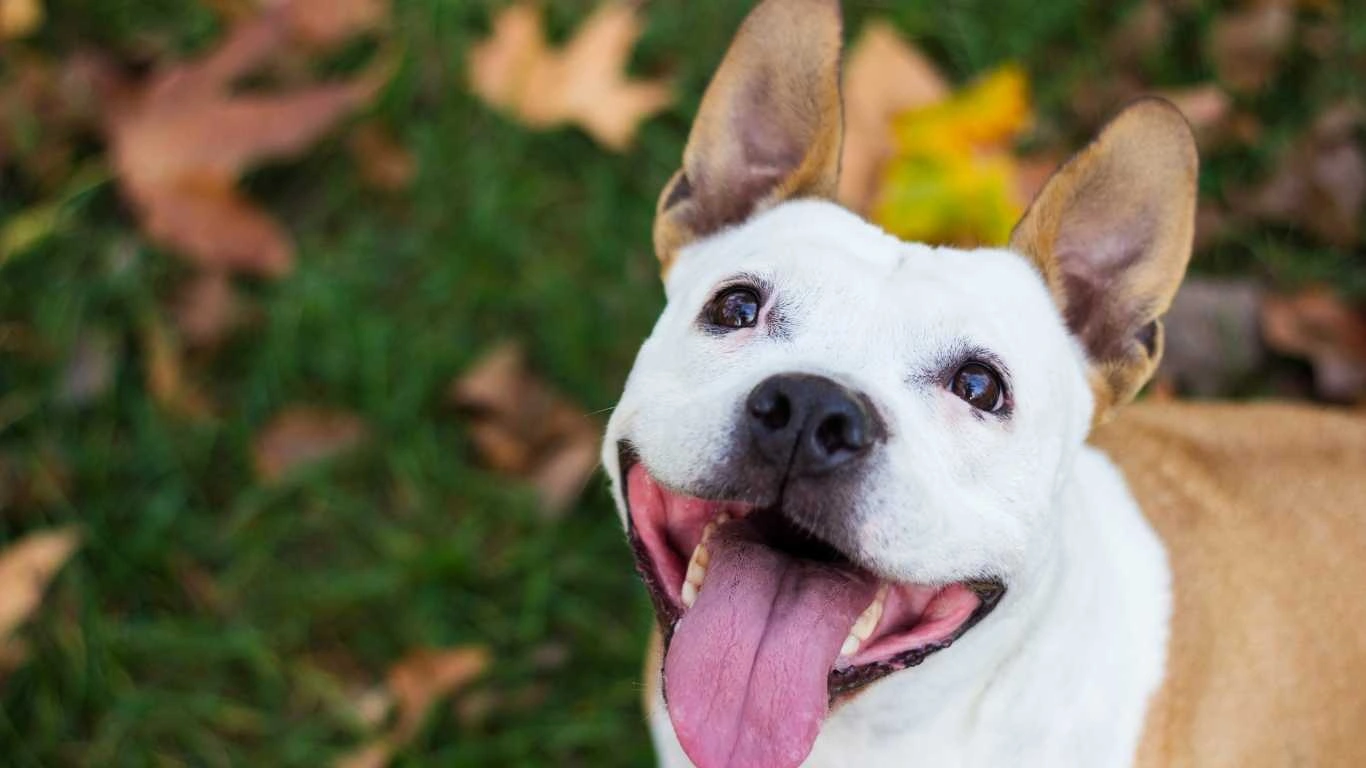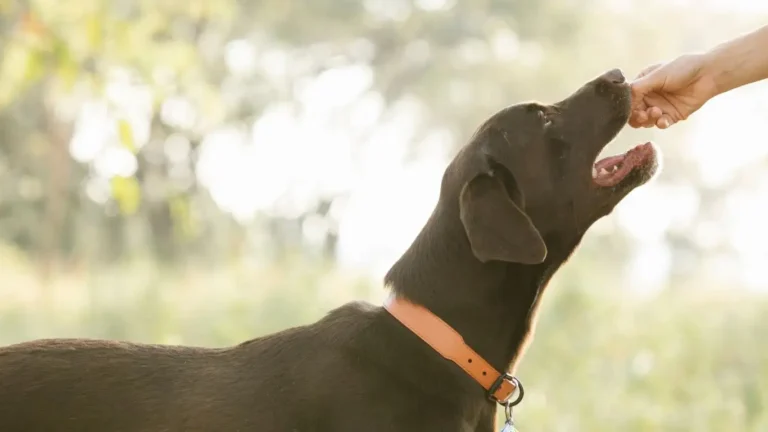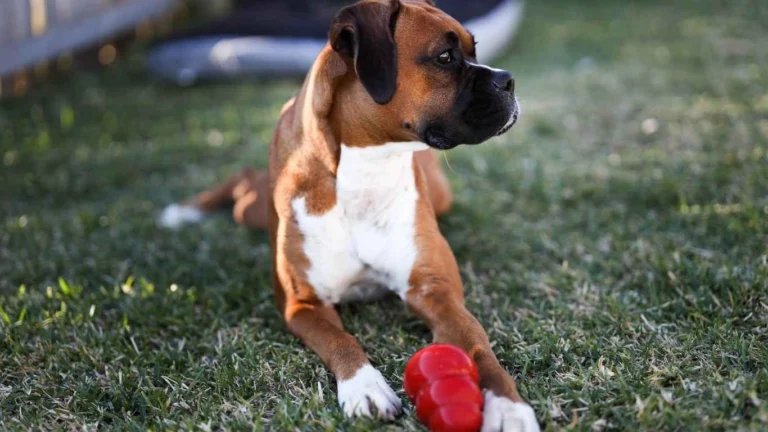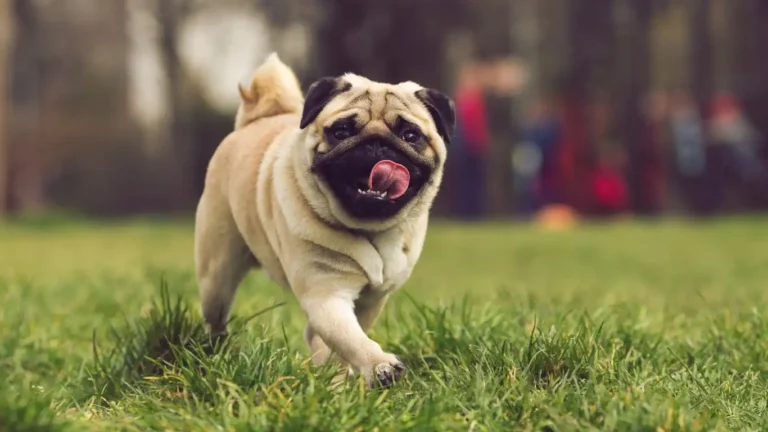Best Diet for Dogs to Support Mental Health and Boost Cognition Naturally
As an Animal Care Specialist working in a pet clinic, I’ve seen it all – from playful puppies with boundless energy to older dogs who seem to slow down with age. But one thing that really stands out to me is how crucial diet is in maintaining the mental health and cognition of our furry companions. When people think about dog nutrition, they often focus on the basics like protein, fats, and carbohydrates, but there’s so much more to consider when it comes to your dog’s brain health. In this post, we’re going to dive into the best diet for dogs to support mental health and cognition. This is one area where a little extra thought can make a huge difference in your pet’s quality of life.
The Importance of Diet for Your Dog’s Brain
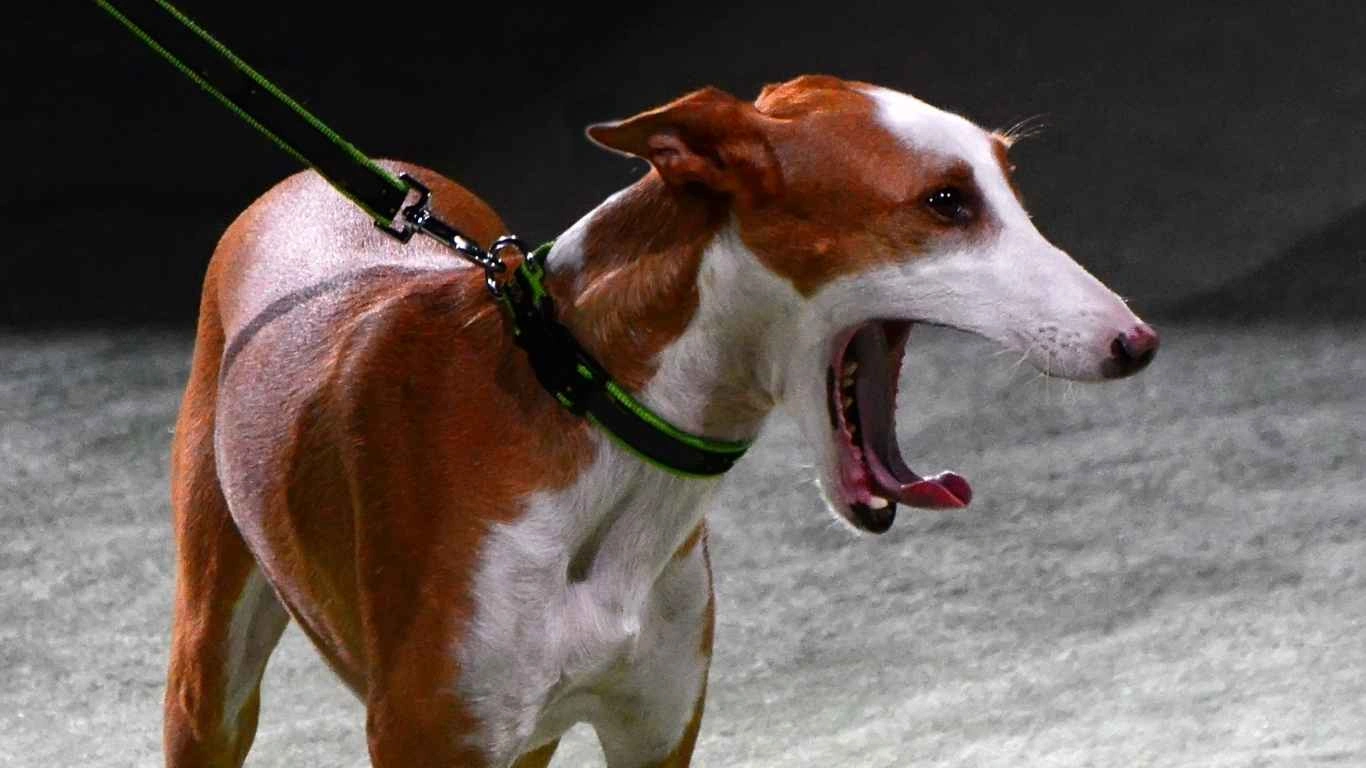
We all know that nutrition plays a role in your dog’s physical health – stronger muscles, shiny coats, and more energy are all benefits of a balanced diet. But what about your dog’s brain? Just like in humans, what your dog eats can have a direct impact on their mood, memory, and ability to focus. A nutrient-rich diet can help support your dog’s cognitive function, and even slow down the mental decline that comes with age.
Dogs, especially as they age, can develop cognitive dysfunction syndrome (CDS), which is similar to Alzheimer’s in humans. This condition causes confusion, anxiety, disrupted sleep patterns, and more. One of the best ways to combat these symptoms is by feeding your dog a diet that includes brain-boosting ingredients. But what exactly should you be looking for?
Key Nutrients for Mental Health and Cognition
When it comes to supporting your dog’s brain, there are a few essential nutrients that should be included in their diet. These nutrients help protect brain cells from damage, improve memory, and enhance mental clarity. Here are some of the key players:
- Omega-3 Fatty Acids: Omega-3s are a must for brain health. These healthy fats, particularly DHA (docosahexaenoic acid), are found in fish oil and algae. They help protect brain cells and improve cognitive function. You might have heard that omega-3s are important for humans, but they’re just as important for dogs!
- Antioxidants: Antioxidants like vitamin E, vitamin C, and beta-carotene protect the brain from oxidative stress. Oxidative stress can damage brain cells, and over time, this can contribute to cognitive decline. Including these antioxidants in your dog’s diet can help prevent that.
- Phosphatidylserine: This compound, often found in soy and other plant sources, has been shown to improve memory and learning abilities in dogs. It can also help reduce stress and anxiety, making it a great addition to your dog’s diet.
- B Vitamins: B vitamins, particularly B6, B12, and folic acid, play a significant role in maintaining cognitive function. These vitamins help the brain produce neurotransmitters that regulate mood, behavior, and memory.
Foods to Include in Your Dog’s Diet

Now that we know which nutrients are important, let’s talk about the foods that are rich in these brain-boosting ingredients. When you’re looking to support your dog’s mental health, you want to focus on high-quality sources of these nutrients. Here are some of the best foods to include in your dog’s diet:
Fatty Fish
Fish like salmon, sardines, and mackerel are packed with omega-3 fatty acids, particularly DHA. DHA is vital for brain health, so adding these fish to your dog’s diet can have a noticeable impact on their cognitive function. Plus, they’re also a great source of protein and essential vitamins!
Leafy Greens
Leafy greens like spinach, kale, and broccoli are rich in antioxidants and B vitamins. These veggies are also high in fiber and low in calories, making them a great choice for dogs that need to maintain a healthy weight while supporting their brain health.
Blueberries
Blueberries are one of the top antioxidant-rich fruits you can offer your dog. They help combat oxidative stress and support brain function. Plus, they’re a delicious treat that most dogs love!
Eggs
Eggs are an excellent source of protein, healthy fats, and B vitamins. They’re also a great source of choline, which plays a role in brain development and memory function. Adding a scrambled egg to your dog’s meal every now and then can help boost their cognitive health.
Pumpkin
Pumpkin is another great food that can support your dog’s brain health. It’s rich in antioxidants, fiber, and vitamins that help reduce inflammation and protect brain cells from damage. You can easily add a bit of canned pumpkin (make sure it’s plain, not spiced) to your dog’s food.
Supplements for Mental Health
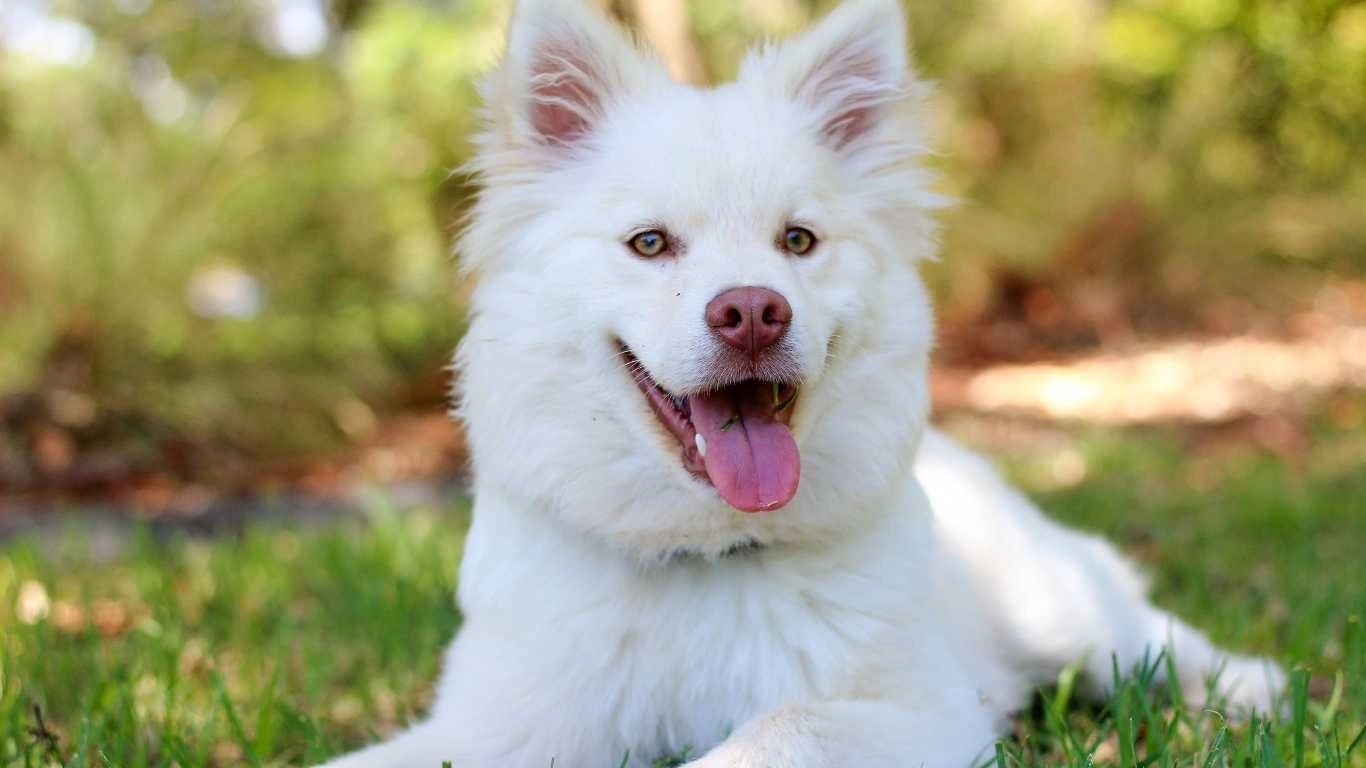
While a well-rounded diet with whole foods is the best way to support your dog’s cognitive health, there are also supplements that can provide additional support. If your dog is older or you’re noticing signs of mental decline, these supplements might be helpful:
- Fish Oil Supplements: If your dog isn’t eating enough fish, fish oil supplements can provide an easy way to get those essential omega-3s. Look for high-quality fish oil supplements specifically designed for dogs.
- Phosphatidylserine Supplements: As mentioned earlier, phosphatidylserine can help improve memory and reduce anxiety. These supplements are available in chewable tablets or soft gels for easy administration.
- Antioxidant Supplements: Some dog supplements are specifically formulated to provide high levels of antioxidants to help protect your dog’s brain. These can be a great addition if you’re looking to give your dog an extra mental boost.
By focusing on these brain-boosting foods and supplements, you’re giving your dog the best chance at maintaining sharp mental faculties throughout their life. However, it’s always important to consult your vet before making any significant changes to your dog’s diet, especially if you’re considering adding supplements. Each dog is unique, and what works for one may not work for another. With the right approach, you’ll be able to support your dog’s mental health and give them the best possible quality of life as they age.
How to Identify Signs of Cognitive Decline in Dogs

As I’ve seen over the years working as an Animal Care Specialist, one of the most challenging things for pet owners is recognizing the signs of cognitive decline in their dogs. Unlike humans, dogs can’t directly tell us what they’re feeling or when their mind is starting to slip. However, there are some key behavioral changes that can give us a clue that our furry friends might be struggling mentally.
Common signs of cognitive dysfunction syndrome (CDS) in dogs include:
- Disorientation: If your dog seems lost in familiar places, like getting stuck in corners or forgetting where the door is, this could indicate cognitive issues.
- Increased anxiety: Older dogs with cognitive decline may show more signs of anxiety. They might pace, whine, or exhibit nervous behaviors, especially when left alone.
- Altered sleep patterns: If your dog starts waking up more frequently during the night, or sleeping during the day, it can be a red flag.
- Loss of house training: Dogs that were once house-trained may start having accidents inside, which can be a sign that they’re having difficulty remembering their routines.
- Change in interaction: If your dog seems less interested in socializing or playing, it could be a sign that their cognitive function is diminishing.
If you notice any of these behaviors in your dog, it’s essential to consult with your veterinarian. Early detection can help you take proactive steps, including changes in diet, to manage the symptoms and slow the progression of cognitive decline.
Top Dog Food Brands for Mental Health Support
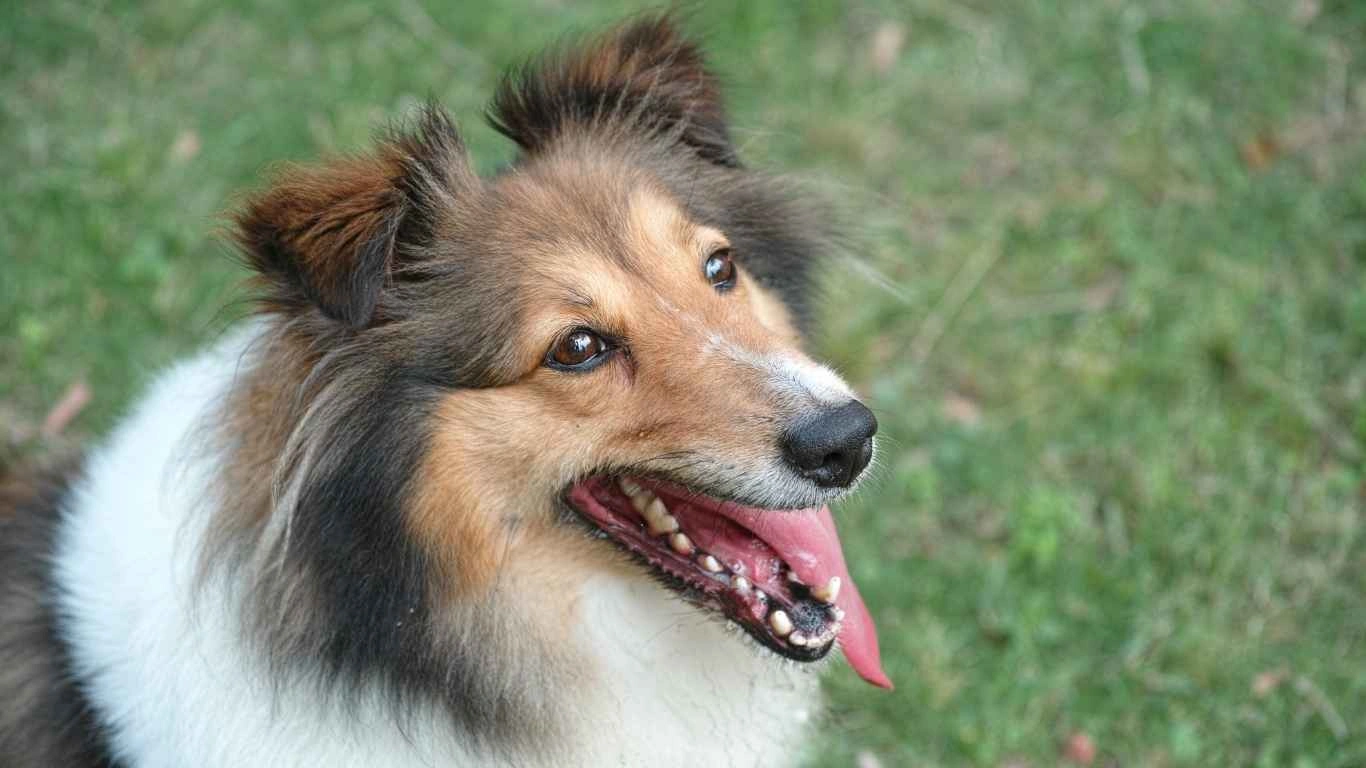
Choosing the right dog food can feel overwhelming with all the options on the market, but some brands stand out when it comes to supporting mental health and cognition. In my experience, not all commercial dog foods are created equal – some are better formulated to provide the nutrients necessary for cognitive function. Here are a few that I recommend:
1. Hill’s Science Diet Adult 7+
This brand is often recommended by veterinarians for senior dogs and those experiencing early signs of cognitive decline. Hill’s Science Diet Adult 7+ contains a mix of antioxidants and omega-3 fatty acids that help support brain health. The inclusion of vitamin E, C, and beta-carotene helps protect your dog’s brain from oxidative damage. I’ve personally seen many dogs benefit from this diet, particularly those with noticeable signs of aging.
2. Royal Canin Canine Aging 12+
Royal Canin is another well-respected brand that specifically targets aging dogs. Their Canine Aging 12+ formula contains a blend of DHA, EPA (another essential fatty acid), and antioxidants, which are designed to maintain cognitive function in senior dogs. This food is perfect for older dogs who need a bit of extra help in the brain-boosting department. I’ve used this food with several dogs at the clinic, and it has helped improve their alertness and overall mood.
3. Nutro Ultra Grain-Free Senior Dry Dog Food
Nutro Ultra’s senior dog food line is a fantastic choice for dogs that need a brain-boosting diet. It contains a combination of chicken, lamb, and salmon, which are rich in omega-3 fatty acids that support mental sharpness. Plus, the grain-free formula can be great for dogs with sensitive stomachs or food allergies. It’s a well-rounded option that supports overall health while focusing on cognitive function.
4. Canidae PURE Limited Ingredient Grain-Free Premium Dry Dog Food
If you have a dog with a sensitive stomach or allergies, this food is one to consider. The Canidae PURE line offers a limited ingredient formula that’s easy on the digestive system, but it doesn’t skimp on essential nutrients for cognitive support. The food contains DHA from salmon oil, which helps boost brain function and mental sharpness. I recommend this one frequently for dogs that have both dietary restrictions and cognitive concerns.
5. Nutro Natural Choice Senior Dry Dog Food
Nutro is known for high-quality ingredients, and their senior dog food line is no exception. Nutro Natural Choice Senior Dry Dog Food is packed with high-quality protein and antioxidants to help support cognitive function in older dogs. The food includes ingredients like sweet potatoes and brown rice for added fiber and easy digestion, while the inclusion of omega-3 fatty acids and antioxidants ensures your dog’s brain stays sharp as they age.
When selecting the best food for your dog’s mental health, keep in mind that every dog is different. What works well for one may not be the right fit for another, so it’s always worth consulting with your vet before making any changes to your dog’s diet. Some dogs may have specific dietary needs, such as sensitivities to certain ingredients, which is something to consider when choosing a food that supports brain health.
How to Transition Your Dog to a Brain-Boosting Diet

When you decide to switch your dog to a diet that supports mental health, it’s important to do it gradually. Sudden changes in your dog’s diet can cause digestive upset, so a slow transition is key. Here’s how to do it:
- Start Slowly: Begin by mixing a small amount of the new food with your dog’s current food. Start with about 25% of the new food and 75% of the old food.
- Gradually Increase the New Food: Over the next 7 to 10 days, gradually increase the amount of new food and decrease the old food. By the end of this period, your dog should be fully transitioned to the new food.
- Monitor for Any Signs of Digestive Upset: Keep an eye on your dog’s digestion during the transition. If you notice vomiting, diarrhea, or any other signs of discomfort, slow down the transition process and consult your vet.
Once your dog is fully transitioned to the new food, you’ll want to continue monitoring their health and mental clarity. Keep an eye on their behavior and look for improvements in things like alertness, playfulness, and anxiety levels. A good diet can take time to show results, so be patient and consistent.
Additional Tips for Supporting Your Dog’s Mental Health

Aside from providing a nutritious diet, there are several other ways you can support your dog’s mental health and cognitive function. As an Animal Care Specialist, I’ve witnessed how certain activities and lifestyle changes can complement a brain-boosting diet and make a significant difference in a dog’s well-being.
1. Mental Stimulation
Just like humans, dogs need mental stimulation to keep their brains sharp. I often recommend activities that engage a dog’s brain, such as puzzle toys, scent games, or obedience training. These activities don’t just provide entertainment; they help strengthen the connections between neurons in your dog’s brain.
For example, puzzle feeders that require your dog to figure out how to access their food can provide a great challenge. This type of activity encourages problem-solving and keeps your dog mentally active. You can also hide treats around the house and encourage your dog to find them, which is a fun and rewarding way to engage their natural instincts while keeping their mind sharp.
2. Regular Exercise
Physical activity is also important for your dog’s mental health. Regular exercise helps increase blood flow to the brain, which promotes the release of chemicals that enhance brain function and overall mood. Whether it’s a daily walk, playing fetch, or running around in the yard, exercise can help keep your dog alert and engaged.
I’ve seen firsthand how active dogs tend to be more alert, less anxious, and overall happier. Just be mindful of your dog’s age and health condition when determining the appropriate level of exercise. Older dogs or those with joint issues may require shorter, gentler activities, but even a slow-paced walk can be beneficial.
3. Socialization
Social interaction is another key factor in supporting your dog’s mental health. While some dogs may be naturally more independent, many dogs thrive on socializing with other dogs and people. Positive socialization can help reduce feelings of anxiety and depression, while also providing mental enrichment.
If your dog enjoys the company of other dogs, consider arranging playdates with a friend’s dog or visiting a dog park. For dogs that are more shy or nervous, socialization might require a slower approach, but the benefits are still significant. Even simple interactions, like meeting new people or dogs during walks, can be mentally stimulating for your pet.
Understanding the Role of Genetics and Age in Cognitive Health
While diet and lifestyle play a large part in supporting your dog’s cognitive health, genetics and age also play significant roles. It’s important to recognize that some dogs may be more prone to cognitive decline due to their breed or genetic makeup. In my experience, certain breeds are more susceptible to age-related cognitive dysfunction syndrome (CDS), such as Dobermans, Collies, and German Shepherds.
In addition to breed, age is another critical factor. As dogs age, it’s natural for them to experience some level of cognitive decline, but that doesn’t mean they can’t enjoy a good quality of life. Taking preventive steps early on, such as providing a nutritious diet, regular mental stimulation, and physical exercise, can help mitigate the effects of aging on the brain.
References and Resources
If you want to learn more about how to support your dog’s mental health and cognition, there are several excellent resources that offer valuable information:
- American Kennel Club (AKC) – A trusted resource for all things related to dog breeds, training, and health.
- PetMD – Offers expert advice on pet health, including articles about cognitive dysfunction in dogs.
- National Institutes of Health (NIH) – Provides in-depth research on aging and cognitive health, including studies on pets.
- Health.com – Health articles and research, some of which touch on pet health topics and mental wellness.
Disclaimer
The information provided in this article is intended for educational purposes only and should not be considered as a substitute for professional veterinary advice. If you have concerns about your dog’s health, including their mental health and cognitive function, always consult with a qualified veterinarian. Each dog is unique, and a personalized treatment plan based on your pet’s individual needs is always the best course of action.
As I’ve mentioned throughout this article, taking care of your dog’s mental health and cognition is a holistic process. A balanced diet rich in brain-boosting nutrients, combined with mental stimulation, regular exercise, and social interaction, can help your dog live a happy, healthy, and mentally sharp life for many years to come. And remember, it’s never too early to start taking care of your dog’s brain – the earlier you invest in their mental health, the better their quality of life will be as they age.
